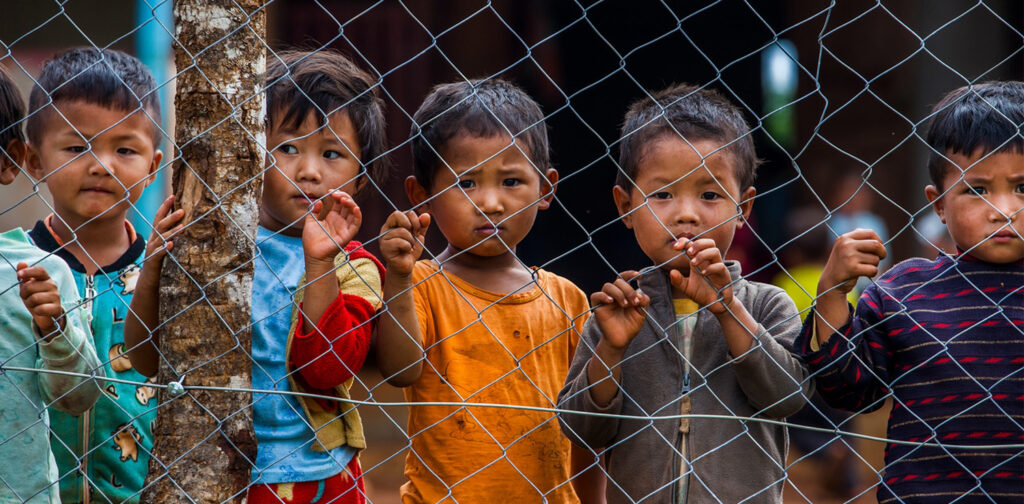Myanmar’s ruling junta is actively suppressing information regarding the severe food crisis gripping the country, according to a recent investigation by Reuters. The military regime has pressured researchers and aid workers to withhold data on hunger and malnutrition, fearing negative international attention and criticism.
In recent years, conversations with senior aid workers reveal that junta representatives have warned against releasing any data suggesting millions of Myanmar citizens are experiencing severe food insecurity. The Integrated Food Security Phase Classification (IPC), a global hunger assessment tool, removed its color-coded hunger map for Myanmar, citing fears for the safety of researchers. Additionally, three detailed analyses showing Myanmar’s devastating food crisis were never made public due to security concerns.
The impact of this suppression is profound. Aid agencies struggle to raise funds for humanitarian assistance because they are unable to present accurate data on the scale of the crisis. The United Nations, for instance, has been forced to withdraw nearly $1 billion in humanitarian aid this year, receiving only 34% of the required funds. Aid distribution has been obstructed by the junta, with instances of seized food supplies and blocked deliveries in regions like Rakhine, where severe hunger and cholera outbreaks are rampant.
The climate of fear extends beyond researchers. Aid workers report that conducting clandestine surveys is the only way to gather information safely. Even public data remains scarce, as Myanmar’s military has imprisoned multiple food-security researchers, whose fates remain unknown.
Despite these challenges, the situation in Myanmar has reached a critical point, with over 14 million people facing acute food insecurity. In Rakhine state alone, food prices have skyrocketed, and displacement due to hunger has increased, with 70,000 fleeing to Bangladesh this year. Many families are forced to subsist on foraged vegetation, with healthcare and basic necessities often inaccessible.
The junta’s actions have exacerbated the humanitarian crisis, destroying agriculture, restricting aid, and contributing to widespread poverty and malnutrition. International calls for assistance are falling on deaf ears, as the junta continues to tighten control over essential humanitarian efforts.



